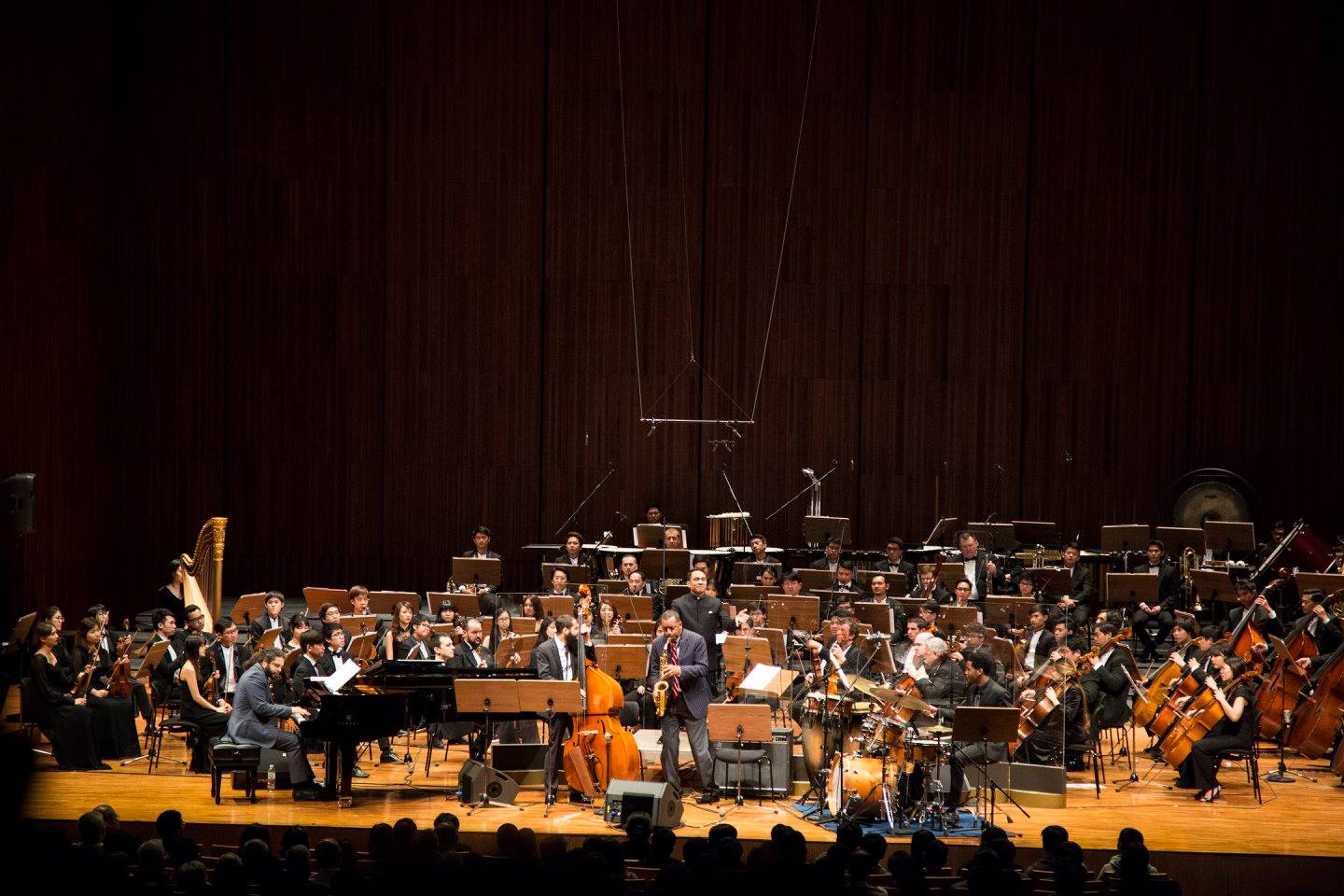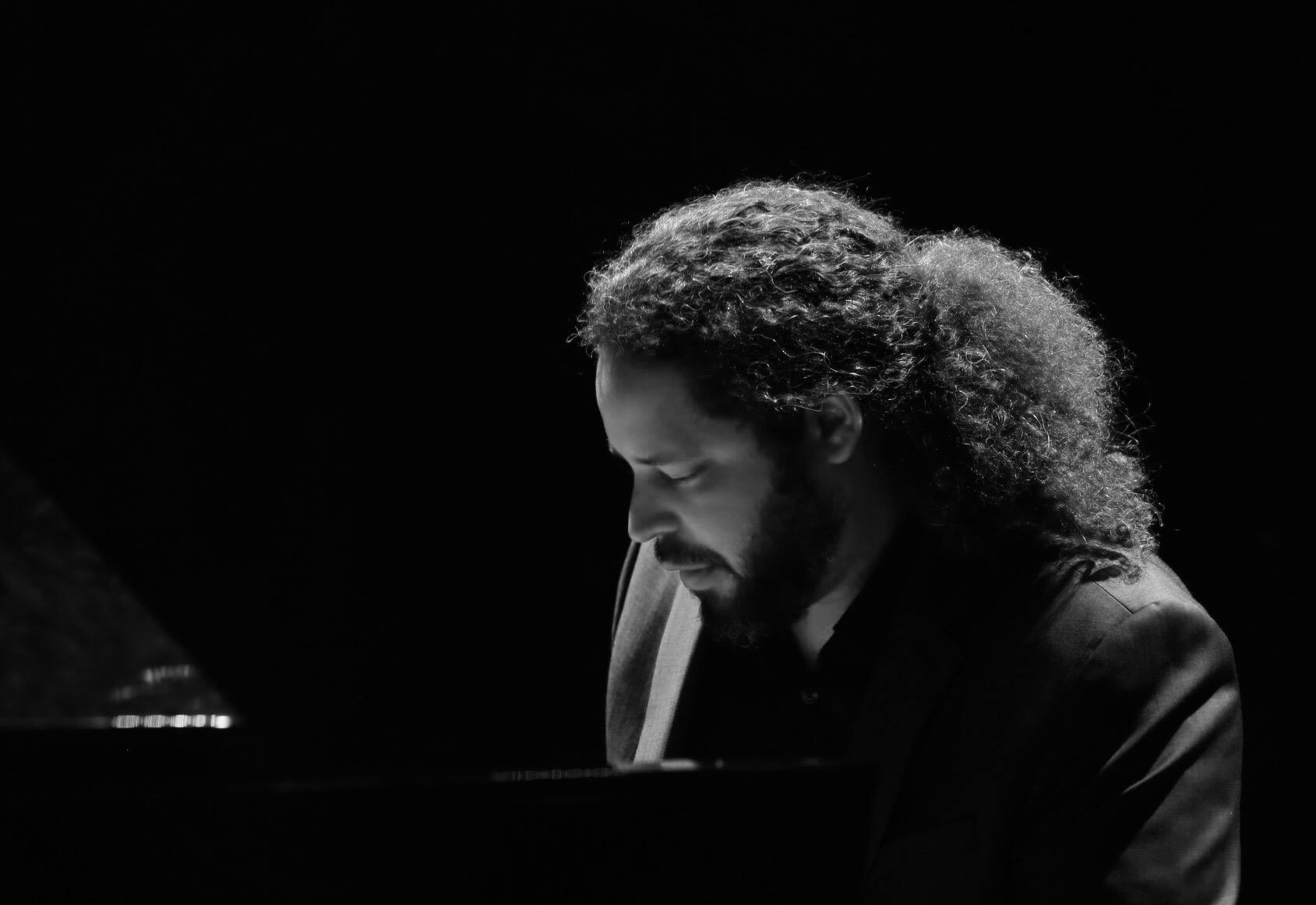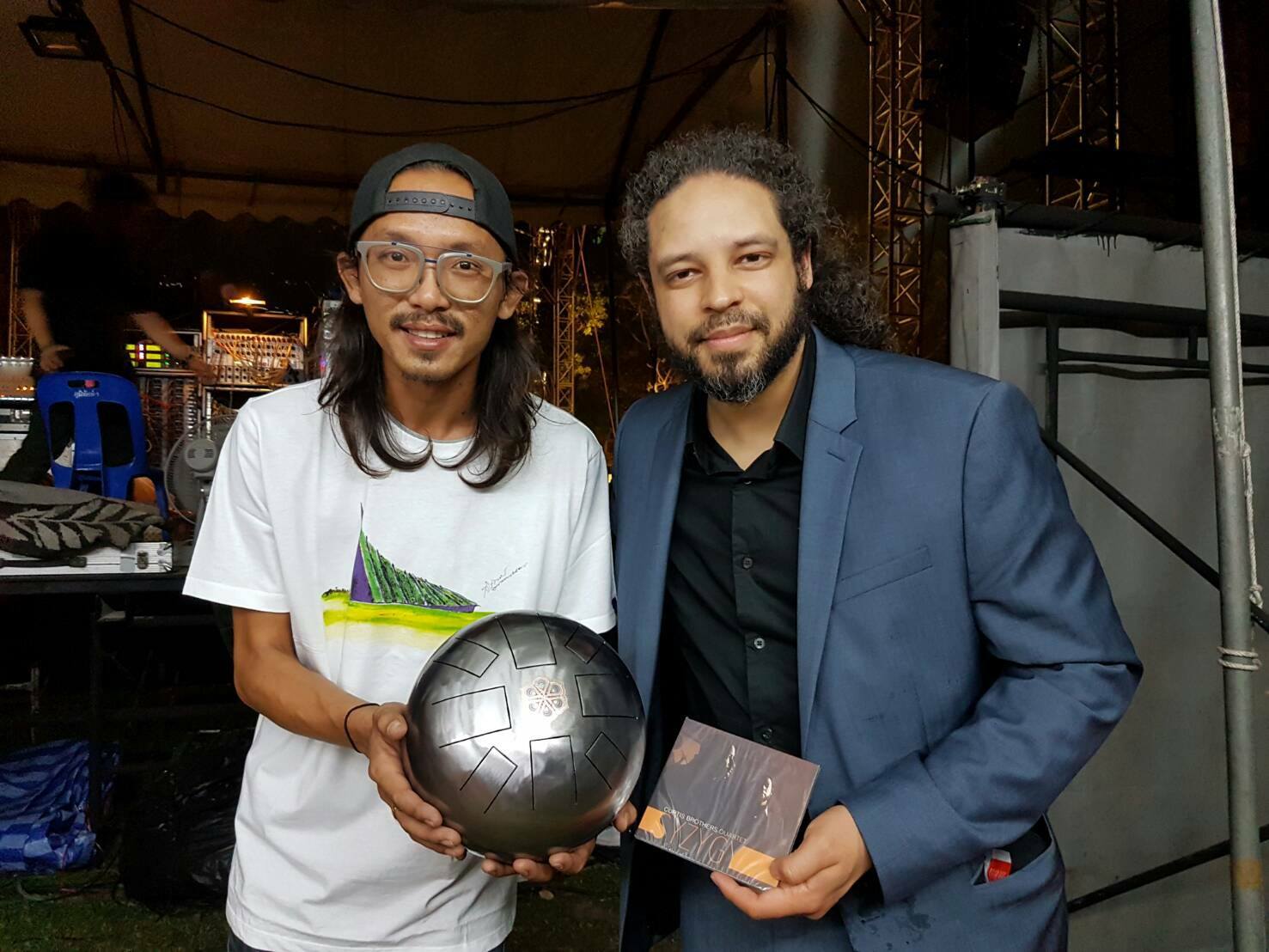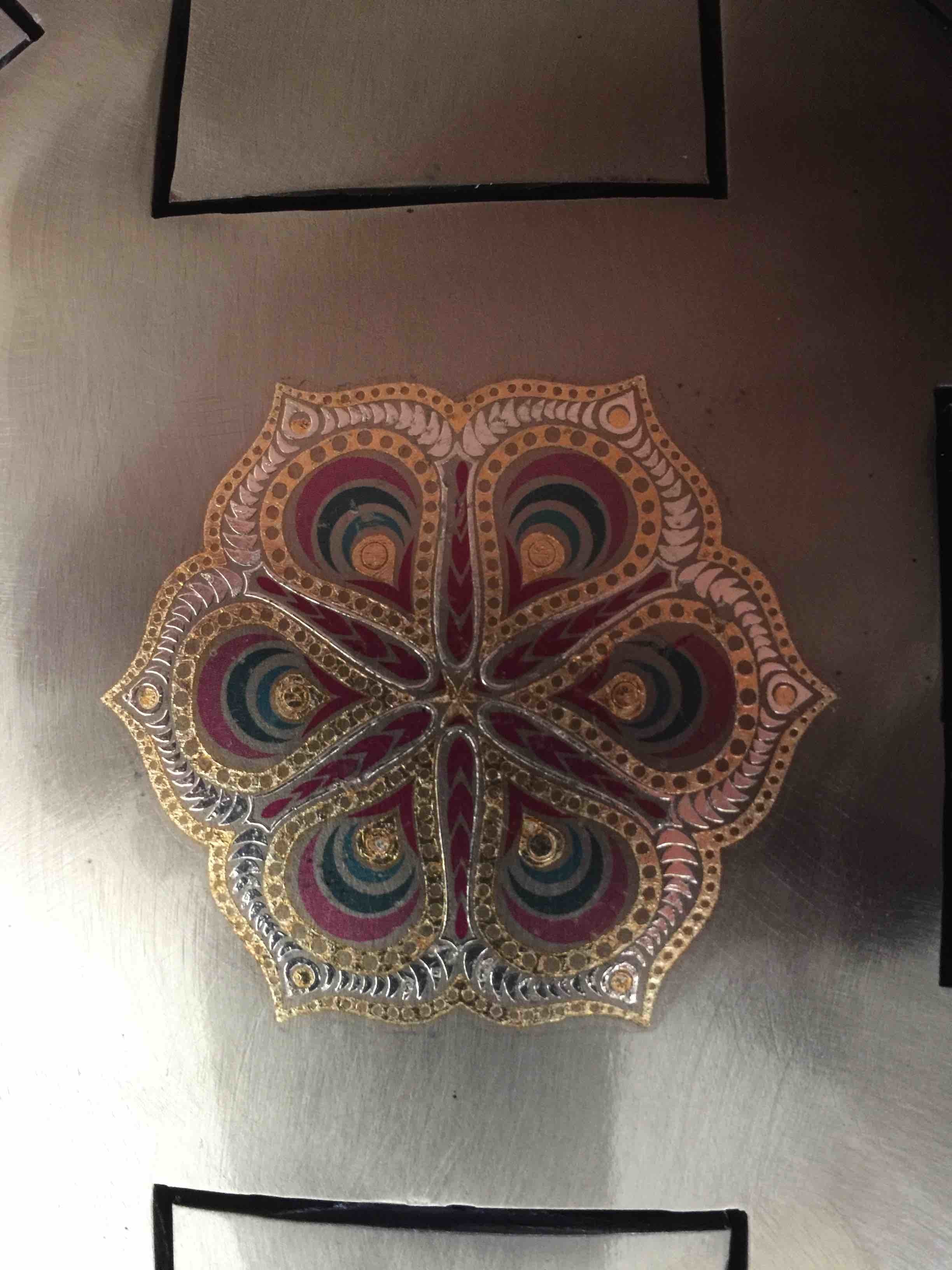On February 2, 2025, pianist-composer Zaccai Curtis, along with his bandmates Luques Curtis, Willie Martinez, Camilo Molina and Reinaldo De Jesus, achieved their first-ever GRAMMY® wins for Zaccai Curtis’ album Cubop Lives! in the Best Latin Jazz Album category. Released on Truth Revolution Recording Collective last May, Cubop Lives! is a vibrant homage to the Afro-Cuban Jazz and Bebop tradition, performed by the renowned rising star. This award represents a significant milestone in the career of the acclaimed musician.
"Photo by Getty Images for the Recording Academy®"
“I’m so honored to be recognized and contribute to the Latin jazz and jazz tradition (America’s Classical Music). The importance of musicians such as Dizzy Gillespie, Chan Pozo, Mario Bauzá and Machito cannot go unsung as we all proudly continue to build on the backs of their work,” commented Zaccai Curtis on the win.
Cubop Lives! spans 17 tracks, including originals by Curtis presented alongside interpretations of tunes by Noro Morales, Dizzy Gillespie, Charlie Parker, and more. “I wanted to make a period piece album that brought a new perspective to an older style – one that wasn’t covered the way I thought it could be,” Curtis said. “Cubop Lives! points out the earliest of “jazz fusion” and the combination of cultures that related to each other socially, politically, and, of course, musically.”
Curtis’ diverse credits include Eddie Palmieri, Brian Lynch, the Mambo Legends, Abraham Burton, Ralph Peterson, Ray Vega, Lakecia Benjamin, Cindy Blackman Santana, and Avery Sharpe, among others. Deeply rooted in the Jazz and Bebop tradition and vibrantly immersed in Afro-Cuban Jazz, Curtis felt compelled to honor the legendary musicians who paved the way, blending these rich musical cultures into a unique fusion. The album’s title holds manifold meaning as it pays tribute to the music that has come before it. “Cubop” refers to the cultural and musical fusion of Cuban Music with Bebop.
Cubop Lives! has garnered high praise from critics and fans alike. DownBeat Magazine awarded the album four and a half stars, calling the project “not merely an excavation or evocation of the past” but “music [that] allows each curious generation to discover its hidden secrets,” and noted jazz critic Marc Myers praised Cubop Lives! as “enormously diversified” and Curtis’ technique and taste as “extraordinary” and “exceptional.” The album topped the national Jazz Week radio chart at #1 for four consecutive weeks, and continues to sit among the top 20.





































